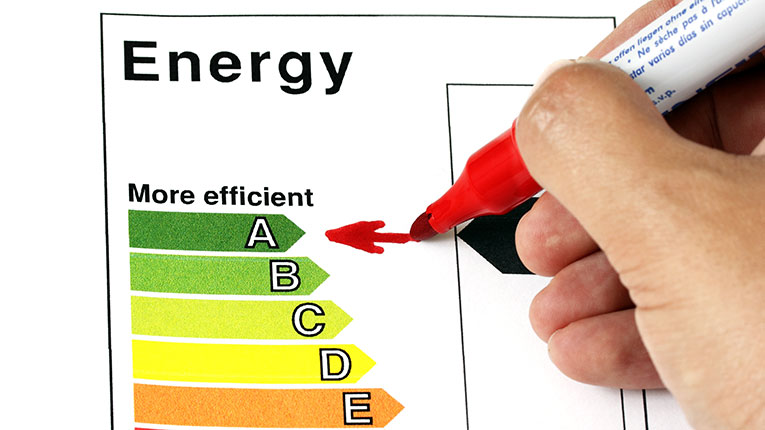European Union is set to propose a set of rules that will force member states to renovate buildings with the lowest energy performance by the end of this decade, with a view to reducing pollutant emissions and making them more energy efficient, told Reuters several sources.
Buildings are responsible for more than a third of the European Union’s CO2 emissions as well as 40% of the Community’ s energy consumption. Both need to be improved in order for the EU to meet its target of a 55% reduction in greenhouse gas emissions by 2030, as compared to 1990 levels.
The European Commission, the EU executive, is due to propose a legislative package next week to reduce the climate impact of buildings, according to Agerpres.
Sources quoted by Reuters say that in its proposals, the Commission will demand that all buildings in use that have the lowest possible ‘G’ type energy performance certificate be renovated so that they reach a higher level of energy performance by 2030. Basically, this requirement will introduce a minimum level of energy performance for buildings in the EU, so that Member States will be forced to renovate millions of homes, offices and commercial buildings.
The energy performance of a building can be improved in several ways, including by enveloping or replacing fossil fuel boilers with more CO2-efficient heating systems.
The number of buildings affected by future Commission rules varies from country to country. According to national statistics, about a third of residential buildings in Italy have a ‘G’ type energy performance certificate, while in the Netherlands the share is only 4%.
The explosive rise in gas and electricity prices in recent months has prompted European governments to look for measures to protect households from high bills and has also highlighted the importance of renovations as a way to keep bills under control. However, rising prices have also led to resistance in some Member States to a separate EU plan to impose CO2 costs on heating fuels, given that governments in some countries fear that this will increase citizens’ bills. Such a policy would be accompanied by a multi-billion euro EU fund that could be used to help poor households invest in renovations.
Fossil fuels account for about three-quarters of the warming of households in the EU. A preliminary version of the European Commission’s proposal on buildings, consulted by Reuters, states that “Member States will not provide any financial incentives for the installation of fossil fuel boilers”.
But the proposal is still under discussion and could be amended before it is published next week. In addition, it will need the approval of the Member States and the European Parliament in order to enter into force.
